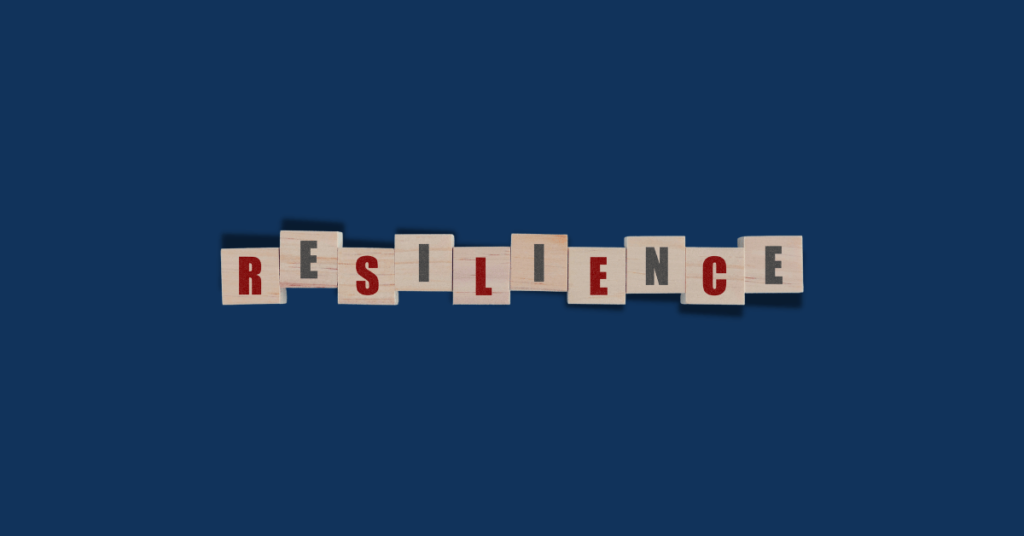“Faster, better, cheaper,” is a term some often use to describe the outcome of integrating business operations with innovation. In the past, the cautious nature of the legal profession may have restricted the exploration of a merge between the worlds of law and technology. Today, there is a prolific amount of law firms and solo attorneys enjoying the benefits provided by the advancements in technology. The legal process can now be broken up into component parts and attended to by different service providers or specialist teams. These options have created a more client-centred solution, changing what the billable hour and business model looks like.
Gartner, the global research and advisory firm, have highlighted the Virtual Legal Assistant (VLA) and the Legal Technology Expert in Automation as rising trends that legal and compliance experts should remain abreast of. These two introductions to the legal industry have a shared purpose: Cognitive computing, automation and unceasing improvement. Consider IBM’s ROSS, the sophisticated question-answering supercomputer also known as ‘the world’s first artificially intelligent attorney’. While Artificial Intelligence (AI) is not predicted to replace lawyers, it does challenge for a more holistic solution to enable a strategic advantage. AI-driven tools will assist legal entities to operate more efficiently and effectively, facilitating increased productivity. This is achieved by freeing up the time previously devoted to gruelling tasks such as research and document mining, to focus on higher-complexity matters.
Rian Hancock, Director at Eclipse NewLaw, encourages the use of technology to effortlessly complete rigorous monitoring and leverage the data for continuous enhancement. Hancock goes on to say, “Technology offers a variety of options to quickly and cost-effectively deal with the different items that exist within the legal value chain. Adopting a system to automatically process repetitive tasks such as contract drafting, case management, and information extraction can greatly impact the company’s capacity to sooner accomplish their objectives.” Data and analytics have come to play a key role in the legal professional’s ability to compete with the evolving industry.
Conservative methods for conducting legal tasks have rapidly become redundant. A determining characteristic of the successful lawyers of the future and legal fraternity at large will be a technical inclination or a willingness to learn and adapt to the legal-tech merge.











